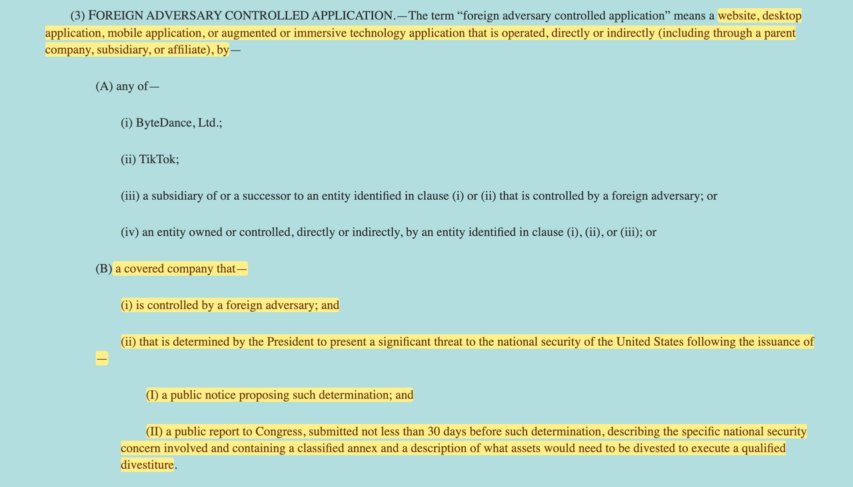Tim Worstall discusses the economics of water markets in the US … that Senator Elizabeth Warren and Representative Ro Khanna seem determined to make far less efficient if their plans come to fruition:

Senator Elizabeth Warren speaking at the Iowa Democrats Hall of Fame Celebration in Cedar Rapids, Iowa, on 9 June, 2019.
Photo by Lorie Shaull via Wikimedia Commons.
Aficionados for truly stupid political interventions into matters economic will already be aware of the idiocies perpetrated by Senator Elizabeth Warren and Representative Ro Khanna. The two seem to end up as if someone rolled together the ideas of Professor Richard J Murphy and The Guardian opinion page then removed all the insight, subtlety and sensibility. True, not an arduous task removing those three but …
The basic water problem out in the Western US is that the wrong people currently own the water rights. We would therefore like to see more trade in those rights. Warren and Khanna are insisting upon further limitations upon the trade in those rights. This is rampant idiocy.
To set the scene, as folk moved out there they realised that water was not one of those things in great surplus in the area. So, those who got there first made sure that the property rights to the water were assigned to them. Nothing odd about this and rights to a scarce resource do need to be allocated. Otherwise we just end up with the commons problem and the resource is exhausted.
OK. And, y’know, quite a lot of things have changed in the century, century and a half since that Wild West was properly populated. But the descendants of those original farmers still own near all the water rights. Hmm, bit of a problem.
That’s OK, we’ve Coase to advise us here:
Ronald Coase (1960), “The Problem of Social Cost”
In the absence of transaction costs, if property rights are well-defined and tradable, voluntary negotiations will lead to efficiency.
It doesn’t matter how rights are allocated initially …
… because if they’re allocated inefficiently at first, they can always be sold/traded …
so the allocation will end up efficient anyway
Now, the distribution — who gets the cash from all of that — is dependent upon that first distribution. But that’s a minor problem compared to the efficient use of water.
So, we want lots of buying and selling. The idiots using $300 of irrigation water to grow $100 worth of alfalfa (pretty much my first English-world piece was on exactly this subject, near 30 years back) can instead sell that same acre-foot to a city, where the two households will happily each pay $500 a year for the half an acre-foot they require.
The asset — the water — has moved from a lower valued (actually, value destructive) use to a higher, the world is richer in aggregate. It doesn’t matter that the farmers get the money because Grandpappy shot all the Injuns. Even without the who gets the money we’re all richer — we’re getting $1k not $100 from the same acre-foot of water.
Coolio!
Enter Warren and Khanna:
With private investors poised to profit from water scarcity in the west, US senator Elizabeth Warren and representative Ro Khanna are pursuing a bill to prohibit the trading of water as a commodity.
Idiots. Damn fools. Politicians, but I repeat myself triply.
Now, do note they’re not trying to insist that water cannot be bought and sold — not because they don’t want to, they do, but because as Federal politicians they’ve no power whatever over within state markets. However, as Federal politicians they can claim power over commodity markets — the speculators will come from around the country, over state lines and interstate commerce is Federal.
So, as with onion futures, they want to ban water futures.














